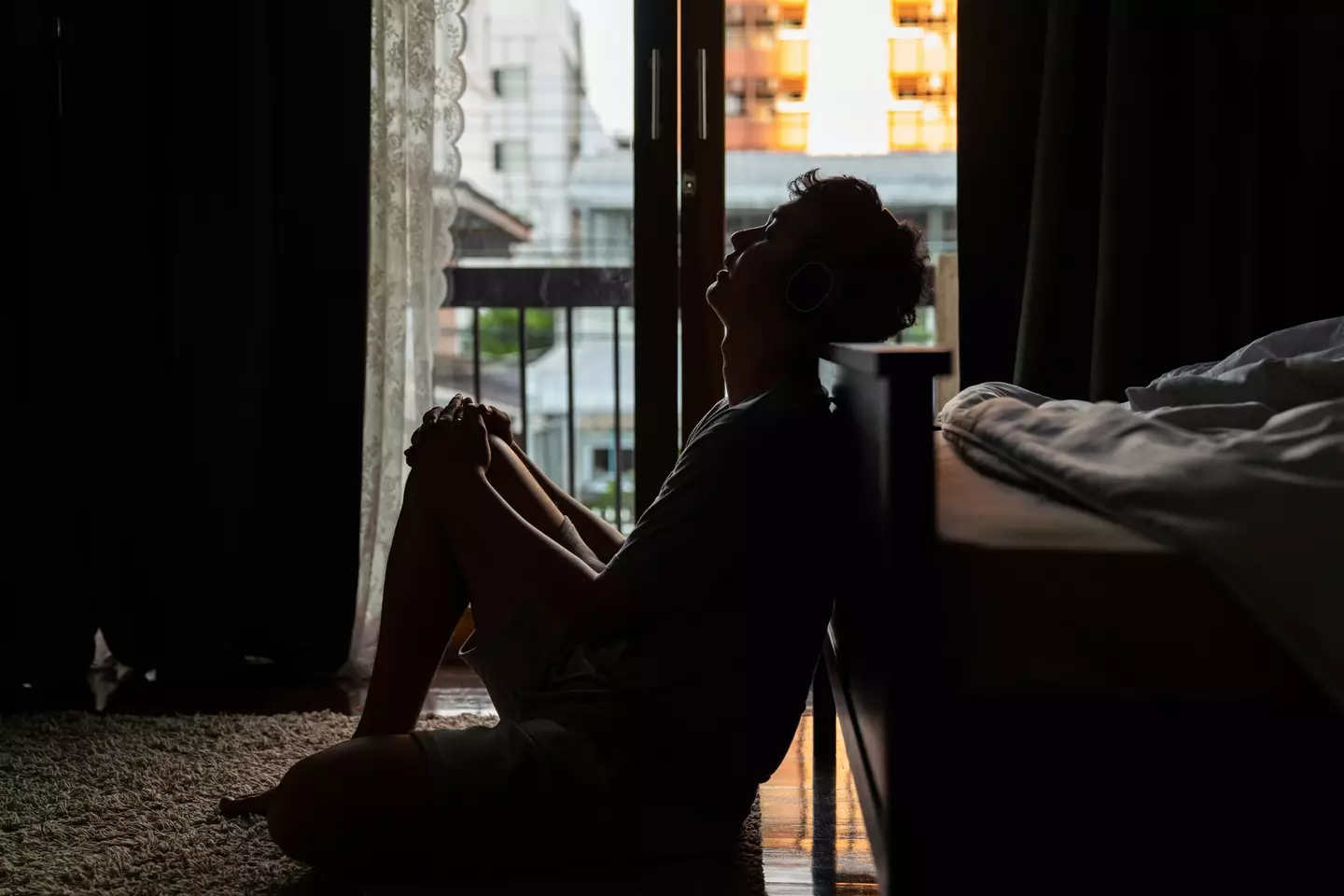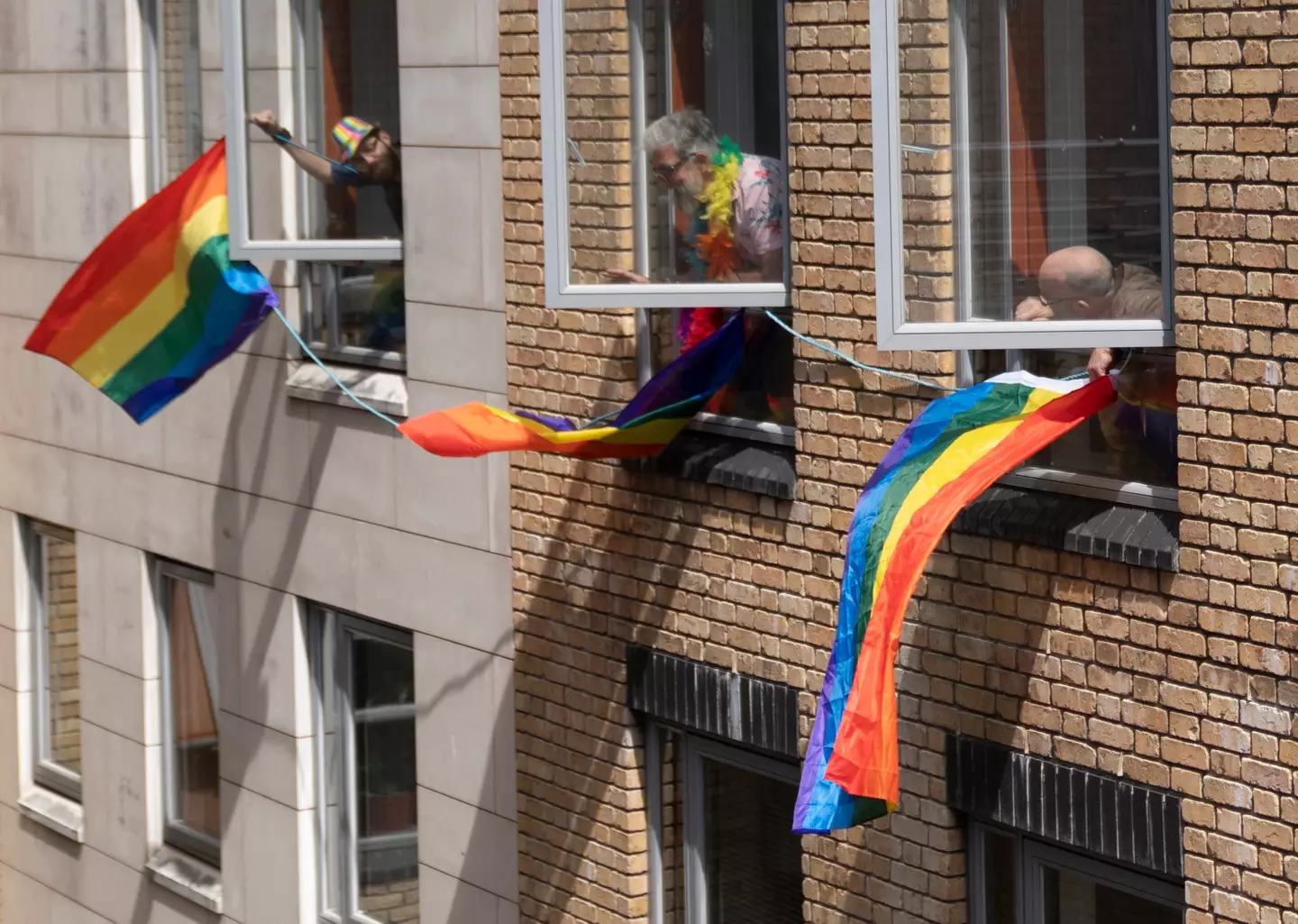
A new dating trend dubbed 'relationship anarchy' has emerged which helps tackle loneliness but comes with bit of a red flag.
Dating in this day and age is quite a minefield, as while dozens of apps promise to help us find a romantic partner (or a few, if that's your jam), swiping left and right can be an all round frustrating and disappointing endeavour.
The fast-paced and gamified nature of online dating - conversations that go nowhere, matches and unmatches coupled with an oversaturation of users - can even affect our mental health and self-confidence.
So it's no wonder then that Americans are in what US Surgeon General Vivek Murthy declared a 'loneliness epidemic' which young men between the ages of 15 to 34 are reportedly feeling the most according to recent polls, being considered as the loneliest group across the entire Western world.
Advert

However, it turn, women are 'quiet-quitting' relationships on an unprecedented scale after taking on the emotional burden of their significant other.
But there may be light at the end of the tunnel as Gen Zers are apparently taking control of that narrative with a new dating phenomenon called 'relationship anarchy' that could very well tackle this growing problem head on.
What is 'relationship anarchy'?
The new philosophy, coined by writer and activist, Andie Nordgren, preaches to view all relationships in your life as equally important and unique - and that you can really love more than one person.
Each bond is free from societal conventions, rules and expectations, like the pressure of 'putting a label on it' when dating somebody new.
Under the concept, willing participants aren't in a 'relationship' in the old traditional sense of the word, as even in a romantic connection, it's not labelled in any way.

What are the 'rules' to relationship anarchy?
Well, the rules are that there are no rules. It all comes down to how you and the people in your life choose to govern your life and romantic partnerships.
In her proposal, The Short Instructional Manifesto for Relationship Anarchy, Nordgren outlines nine key components of 'relationship anarchy,' describing how it breaks the norms of monogamous relationships.
"You have capacity to love more than one person, and one relationship and the love felt for that person does not diminish love felt for another," she writes. "Don’t rank and compare people and relationships — cherish the individual and your connection to them."

Nordgren says it's all about 'respecting' other people's 'independence and self-determination,' adding that a close bond or history together 'does not make you entitled to command and control a partner to comply with what is considered normal to do in a relationship.'
What have people said about the theory?
Feeld, a popular app for people with kinks and non-monogamous users, backs the idea too, having recently published in its 'State of Dating' report that it supports the practice as a 'radical response to our current loneliness epidemic.'
Its research found up to 20 percent of young people who responded to its survey said they had engaged in relationship anarchy at some point, compared to half of all Feeld users, and most said they felt 'less loneliness and a higher likelihood of deep and broad connections' as a result.
The company adds the trend is most common among LGBTQ+ communities.

"Why must romantic relationships sit at the top of our emotional hierarchy? This adherence to tradition burdens romantic love with the impossible task of asking one partner to fulfill all our emotional needs—often at the cost of our broader connections and deeper, personal well-being," the report read in part.
What are the warnings?
Despite spicing up the dating game, relationship anarchy can be risky business, especially for newbies.
The prevailing pitfall of it comes down to navigating boundaries, as Feeld wrote in its report: "The path towards non-prescriptive love isn't without its challenges."

Members engaging in relationship anarchy reported difficulty in negotiating relationship boundaries by a staggering 536 per cent compared to other relationships - and those who don't practice it were 46 percent more likely to find it easier to resolve conflicts.
Topics: Mental Health, Sex and Relationships